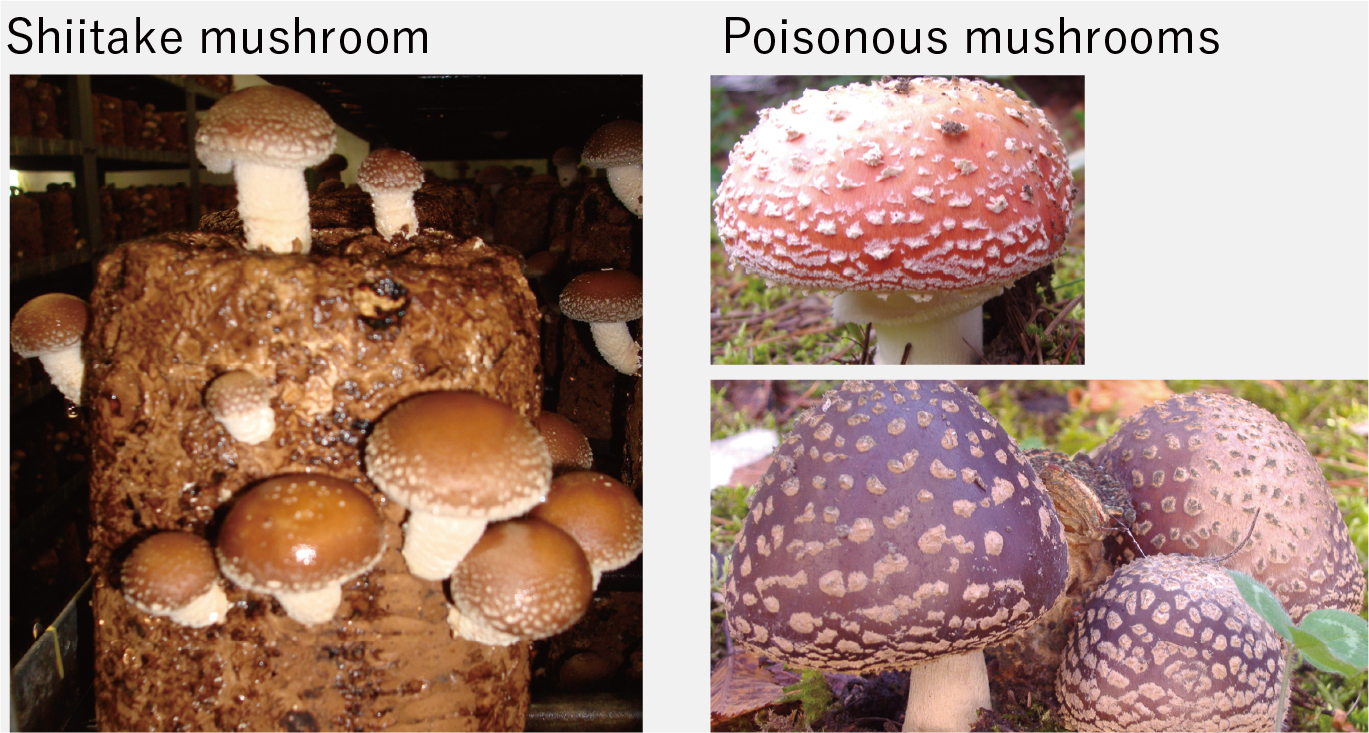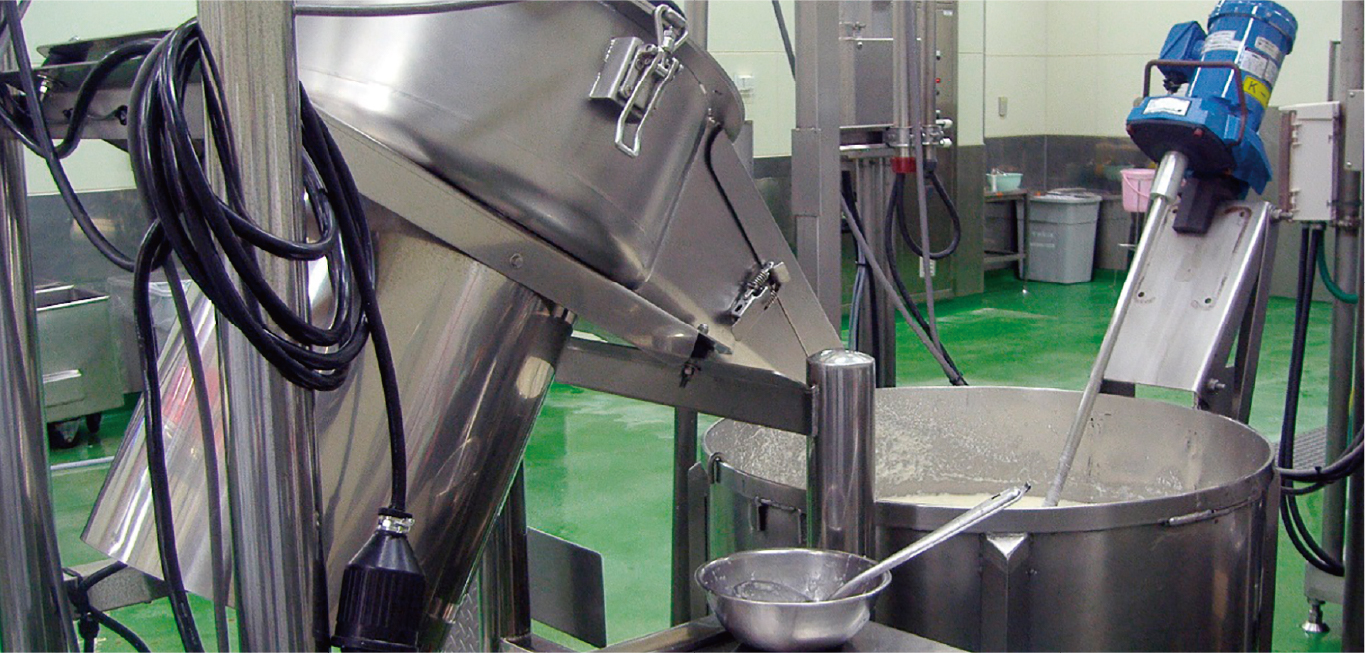Academics
School of Regional Innovation and Social Design Engineering
Biotechnology and
Food Chemistry Course Program
This course is designed to foster the ability as an engineer, along with benevolence and socializing skills,
to come up ideas for utilization of materials unique to the Okhotsk region and to solve problems faced by the regional industry
using biotechnology and food chemistry.
Faculty Interview

Masaaki KonishiProfessor
◎Profile: Completed the latter period of a doctoral program in applied biotechnology at the Graduate School of Engineering, Osaka University. Research interests include biochemical engineering and microbiology.
KIT encourages students, in the context of
various human relationships, to foster qualities as an adult
on the path to becoming professional engineers.
This course covers a wide range of areas related to living bodies, food and environmental protection based on chemistry and chemical engineering, and is the sole course in KIT specialized in biotechnology. Students take classes or conduct research on microbiology, which is associated with matter cycles, infectious diseases and bioindustry. They also take classes on Food and Nutritional Chemistry (which deals with the physiological functions of the digestive system, functions of nutrients and their relationships with lifestyle-related diseases) and Biochemical Engineering (which allows students to learn the basics of handling various devices related to biocatalysts). Upon graduation, the students are expected to do well at manufacturers related to biology, food, agriculture, environment and plants and facilities, engaging in research and development, manufacturing and sales of technologies. I hope students will become good human resources who can carve out a successful future by acquiring the ability to learn on their own after studying at KIT.
Curriculum
- Introduction to Biotechnology and Food Science I
- Introduction to Biotechnology and Food Science II
- Organic Chemistry I
- Organic Chemistry II
- Inorganic Chemistry
- Chemical Engineering
- Biological Chemistry
- Microbiology
- Food Sanitary
- Food Engineering
- Food Chemistry
- Biotechnology and Food Engineering Experiments I
- Biotechnology and Food Engineering Experiments II
- Bioinorganic Chemistry
- Exercise in Biotechnology and Food Engineering I
- Exercise in Biotechnology and Food Engineering II
- Biochemical Engineering
- Molecular Biology
- Food Processing and Preservation
- Food Macromolecules Chemistry
- Life Science
- Scientific English for Biotechnology and Food Engineering I
- Scientific English for Biotechnology and Food Engineering II
- Practical English
- Natural Products Chemistry
- Bioorganic Chemistry
- Bioinformatics and Statistics
- Food and Nutritional Chemistry
- Food Functional Chemistry
- Biomaterials
- Agricultural Machine Engineering
- Sports Engineering
- Introduction of Presentation / Outreach
- Biomolecular Engineering
- Topics in Biotechnology and Food Engineering I
- Topics in Biotechnology and Food Engineering II
- English Literature on Biotechnology and Food Engineering
- Presentation for Biotechnology and Food Engineering
- Bachelor’s Thesis
*The description refers to the 2020 academic year curriculum and is thus subject to change.
Lecture
-
Microbiology
Microorganisms are involved in infectious diseases, matter cycles on a global scale, biotechnology industry, etc. This course offers lectures on fundamental knowledge such as physiology, genetics and metabolism of such microorganisms and utilization techniques.

-
Food Engineering
Food is made of proteins, carbohydrates, lipids and other nutrients.
This class deals with the physiological functions of the digestive system; the digestion, absorption and transportation in human body of nutrients;
and nutrient metabolism and its relation to lifestyle-related diseases.
